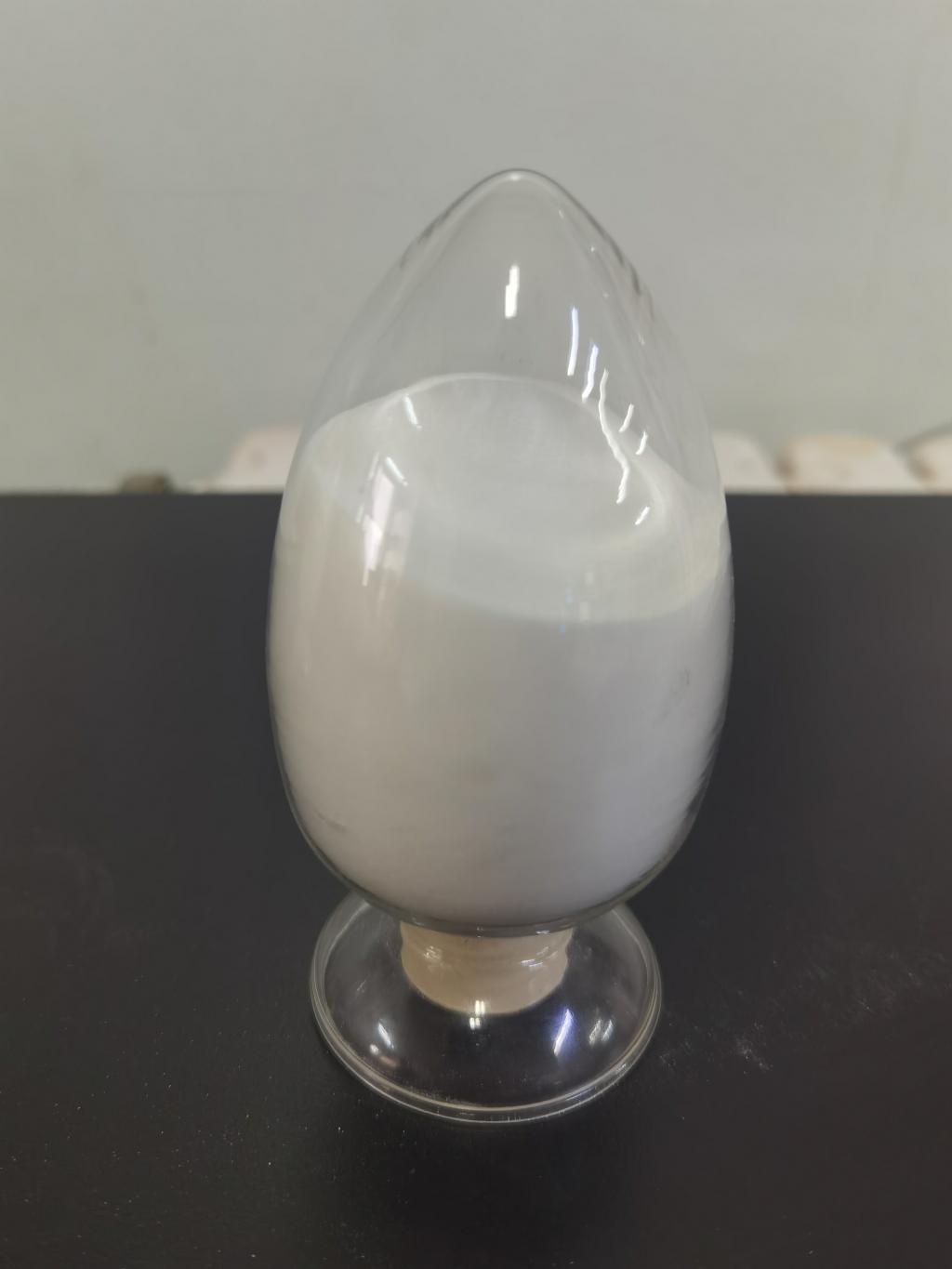Tel:0086 18231198596

News
Advancements in Precision Medicine: ε-Polylysine Hydrochloride's Role in Targeted Therapies
TIME:2024-02-27
Introduction:
Precision medicine represents a paradigm shift in healthcare, moving away from a one-size-fits-all approach to treatment. The goal is to tailor medical interventions based on an individual's genetic makeup, lifestyle, and environmental factors. ε-Polylysine hydrochloride, known for its antimicrobial properties, is increasingly recognized for its potential role in targeted therapies. This article explores the advancements in precision medicine facilitated by ε-polylysine hydrochloride and its applications in delivering personalized and effective treatments.
Understanding ε-Polylysine Hydrochloride:
ε-Polylysine hydrochloride is a natural antimicrobial peptide produced by Streptomyces albulus. It is a polymer composed of multiple lysine units, exhibiting broad-spectrum antimicrobial activity against bacteria, fungi, and some viruses. Beyond its antimicrobial role, ε-polylysine hydrochloride has shown promise in drug delivery due to its biocompatibility and controlled release properties.
Antimicrobial Properties and Mechanisms of Action:
The antimicrobial efficacy of ε-polylysine hydrochloride stems from its ability to disrupt microbial cell membranes. This unique mechanism of action reduces the likelihood of resistance development, making it a valuable tool in the treatment of infectious diseases. Its application in precision medicine extends beyond fighting infections to targeted therapies for various medical conditions.
ε-Polylysine Hydrochloride in Cancer Treatment:
One of the most promising applications of ε-polylysine hydrochloride in precision medicine is its role in cancer treatment. Studies have demonstrated its potential as a drug delivery vehicle for chemotherapeutic agents. The controlled release of anticancer drugs using ε-polylysine hydrochloride carriers enhances drug efficacy while minimizing systemic side effects, allowing for more targeted and personalized cancer therapies.
Targeted Drug Delivery Systems:
The versatility of ε-polylysine hydrochloride as a drug delivery system lies in its ability to encapsulate a wide range of therapeutic agents, including small molecules, proteins, and nucleic acids. This enables the design of targeted delivery systems that can selectively release drugs at specific sites within the body, optimizing treatment outcomes and minimizing adverse effects.
ε-Polylysine Hydrochloride in Gene Therapy:
Gene therapy, a cornerstone of precision medicine, involves the introduction or alteration of genetic material to treat or prevent diseases. ε-Polylysine hydrochloride has demonstrated potential as a gene delivery vector due to its ability to protect and efficiently transport nucleic acids into target cells. This opens new avenues for personalized gene therapies tailored to an individual's genetic profile.
Challenges and Considerations:
While ε-polylysine hydrochloride holds great promise in precision medicine, challenges such as dosage optimization, biocompatibility testing, and potential immunogenicity need to be addressed. Research efforts are underway to refine formulations, enhance stability, and ensure the safety and efficacy of ε-polylysine hydrochloride-based therapies.
Future Prospects and Implications:
The integration of ε-polylysine hydrochloride in precision medicine represents a significant advancement in the quest for more targeted and personalized therapies. As research continues, the potential applications of ε-polylysine hydrochloride may expand to address a broader range of medical conditions. The implications extend beyond infectious diseases and cancer, offering new possibilities for treating genetic disorders, neurodegenerative diseases, and more.
Conclusion:
Advancements in precision medicine, facilitated by ε-polylysine hydrochloride, herald a new era in healthcare where treatments are tailored to the unique characteristics of each patient. From its antimicrobial properties to applications in targeted drug delivery and gene therapy, ε-polylysine hydrochloride is proving to be a versatile and promising component in the development of more effective and personalized medical interventions. Continued research, collaboration, and innovation will be essential in unlocking the full potential of ε-polylysine hydrochloride in advancing precision medicine and improving patient outcomes.

 CONTACT
CONTACT




